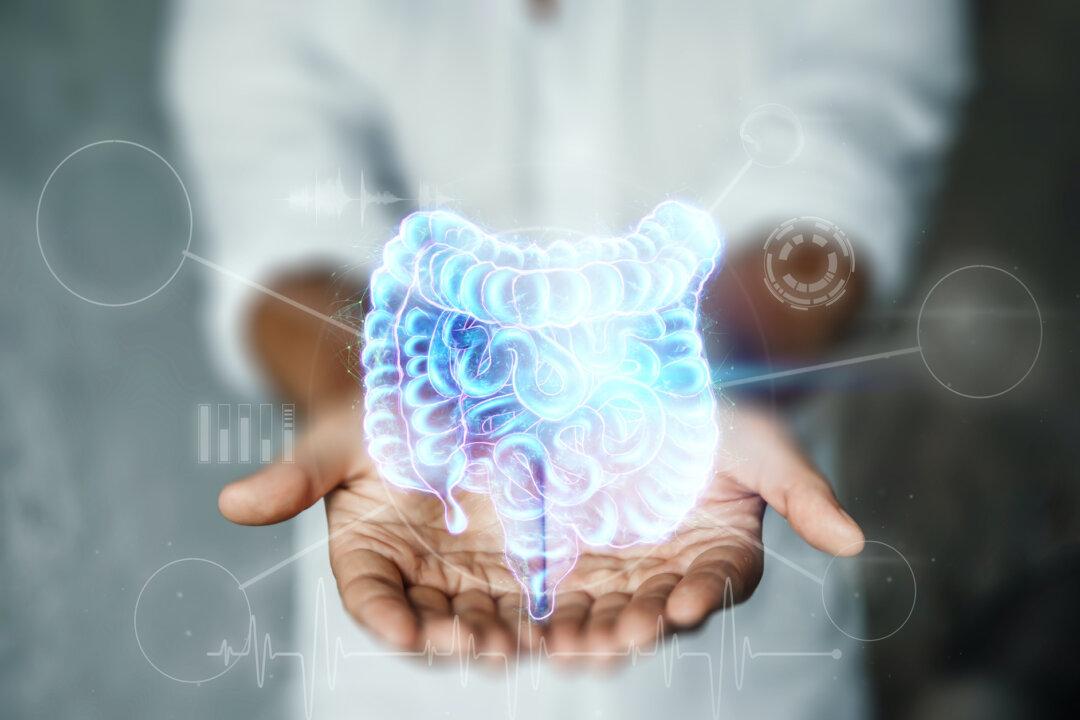Many people believe that they should have one bowel movement per day (preferably in the morning), and that the process should be relaxing and smooth, with a stool that is neither too soft nor too hard. But does that mean if your bowel movements aren’t as such, they can’t be considered normal?
A Swiss study of bowel movements in the general population, published in the Scandinavian Journal of Gastroenterology, found that 98 percent of people have bowel movements from three times a day to three times a week. Among all participants, 77 percent had normal stools, 12 percent had harder ones, and 10 percent had loose stools.





